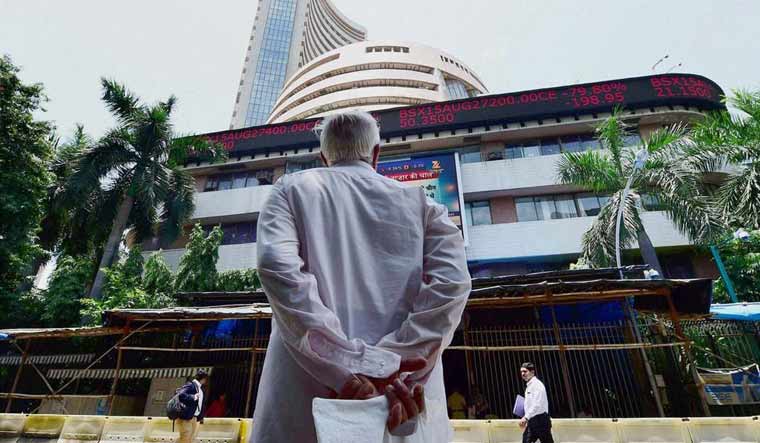With Fitch Ratings downgrading the US government's long-term foreign currency ratings on August 1, all eyes are on how it will impact India.
Fitch's US credit rating downgrade comes after a debt ceiling agreement in June that came after months of political brinkmanship and ultimately lifted the government's $31.4 trillion debt ceiling.
Explaining its decision, the rating agency said in a statement, "In Fitch's view, there has been a steady deterioration in standards of governance over the last 20 years, including on fiscal and debt matters, notwithstanding the June bipartisan agreement to suspend the debt limit until January 2025.”
Impact on India
Fitch downgraded US credit from the best AAA rating to the high quality AA+ with a stable outlook. Though the US creditworthiness still remains strong, it could have a global impact, according to a Live Mint report.
The credit downgrade could create a domino effect as interest rates on US government bonds might be raised, leading to increase in interest payments on the national debt and there by putting constraints on the US budget. This could in turn put a dent on the country's economy and result in scepticism among investors, thereby influencing market sentiment, added the report.
It could also affect the US dollar stability, which can influence the movement of other currencies, including the Indian rupee.
However, experts cited in the report believe it will not impact foreign inflow significantly as Fitch had already placed its AAA rating of US sovereign debt on watch for a possible downgrade in May, citing downside risks, including political brinkmanship and a growing debt burden.
"Nothing Fitch says is wrong, but nothing it says is new either and there are not any real-world implications of the downgrade (as far as covenants being tripped or people not being able to own Treasuries)," the outlet quoted Shiv Sehgal, President & Head of Nuvama Capital Markets, as saying, "In my view, US stocks given the recent ramp up are quite expensive, and this leaves them very exposed to exogenous events, but as we saw with the BOJ (Bank of Japan) last week, if the macro development isn’t actually material, equities will be quick to reverse a knee-jerk sell-off."
Pointed out that India has been leading among emerging markets, Sehgal added, “In the last few months in terms of inflows, we continue to see this trend ongoing given the magnitude of outflows we saw in the prior two years (FIIs also sold nearly $60bn over two years in FY22 and FY23) and a reversal of this extremely bearish FII positioning which has already started playing out in FY24 has driven the sharp rally we’re witnessing in India.”
"India has had a relatively better inflation trajectory and monetary policy management than most other countries globally. Recently, RBI hit the pause button on its rate hike cycle. Inflation forecast models are indicating further softening of inflation in India. This makes India stand out compared to its peer group," he explained.
Sensex, Nifty sink
Both Sensex and Nifty fell sharply on Wednesday after the US credit downgrade. The S&P BSE Sensex settled at 65,783, slipping down 677 points. The Nifty50, on the other hand, hit a low of 19,423 before closing at 19,527, tanking nearly 207 points.


